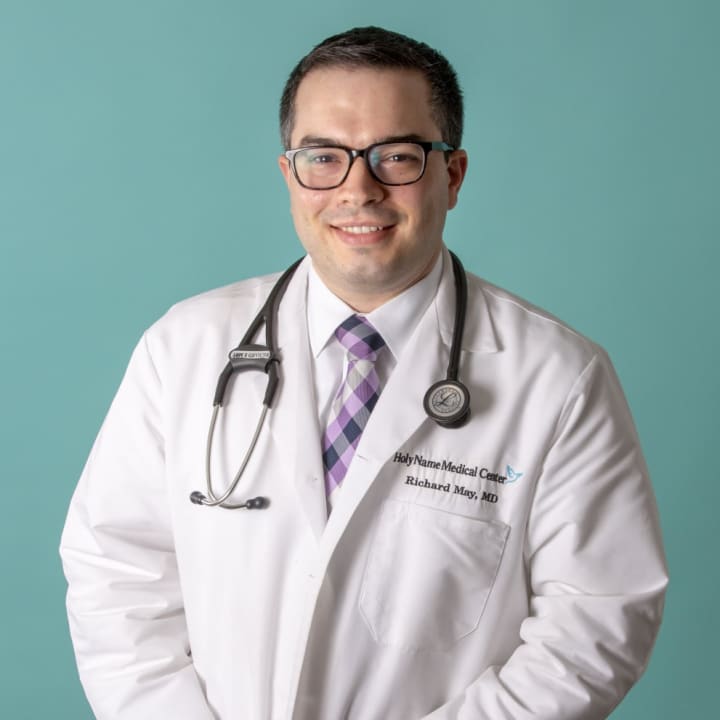Both environmental and genetic factors are in play when non-smokers get lung cancer. Despite marked improvements in U.S. air quality, there are still plenty of irritants and harmful pollutants in the environment.
The Leading Cause
Exposure to radon gas is the leading cause of lung cancer in non-smokers and the second-leading cause overall, responsible for more than 20,000 lung-cancer deaths annually. Radon is harmless outdoors but can build up in the basement of homes. It is estimated that one in every 15 homes in the U.S. has elevated radon levels.
Second-hand smoke can be a big factor in lung cancer. Many strides have been made in eliminating second-hand smoke from public places but if you live with a smoker ask him or her to seek assistance to stop.
Workplace cancer-causing agents, such as asbestos and diesel exhaust, are problematic. The recent news that workers fabricating stone countertops are inhaling carcinogens like silica is a case in point.
Genetics also play a role. Smokers are more likely to develop small-cell lung cancer while non-smokers are more disposed to the non-small-cell type. Understanding the genetic links can help in the development of targeted therapies to treat lung cancer.
Discuss Any Symptoms with Your Doctor
There is no lung cancer screening for non-smokers. Let your physician know if you have a family history of cancer or are exhibiting any of the symptoms of lung cancer, such as persistent coughing, coughing up even a little bit of blood, wheezing, chest pain or unexpected weight loss.
If you are diagnosed with lung cancer, treatment at the Patricia Lynch Cancer Center at Holy Name may include one or more of the following: surgery, radiation therapy, chemotherapy, targeted therapies and immunotherapy.
Because lung cancer is often thought of as the smoker's disease, not enough attention may be paid to non-smokers exhibiting symptoms of lung cancer. More awareness is crucial for earlier diagnosis, treatment and research.
Richard E. May, Jr., MD, is board-certified in internal medicine and pulmonary care. To make an appointment, visit HolyNameMedicalPartners.org. To learn more about diagnosing and treating lung cancer, visit holyname.org/lungcancer.


